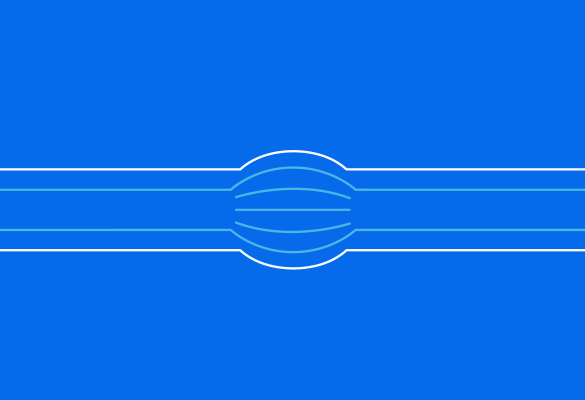causes of nerve damage
Nerves can be injured in more ways than you might think. That’s why we compiled this list of the four most common causes.
Nerves can be cut or severed due to a traumatic event or even during a previous surgery.
You might have sustained this type of injury if you have experienced a severe cut, like slicing into your hand while cutting an avocado or bagel, if you’ve fallen through glass, experienced a broken bone, or if you’ve had a procedure like a mastectomy or tumor removal, where cutting the nerve may have been unavoidable.
how is a nerve cut or laceration repaired?
learn moreNerves may be squeezed or pinched by surrounding tissues, which increases pressure on the nerve and may disrupt function. This can lead to muscle weakness, a burning or tingling sensation, numbness or pain.
You might have sustained nerve compression after an injury when tissue close to the nerve becomes inflamed. Compression injuries are also common near joints such as the elbow, wrist or ankle where the nerve might be compressed by the surrounding bones, ligaments, tendons or muscles. Sports injuries and conditions like diabetes and pregnancy can also lead to nerve compression.
how is a nerve compression treated?
learn moreNerves may be stretched to the point of injury to the nerve fibers.
You might have sustained this type of injury if you’ve had a sports injury or been in a car accident or other situation where sudden, violent movement jostled your body or wrenched your arm or leg in a direction it doesn’t naturally move. This injury can also occur to a baby’s shoulder area during childbirth as the baby exists the birth canal (a brachial plexus injury).
how is a stretched nerve treated?
learn moreA neuroma is a tangled mass of nerve and scar tissue that may form when nerve damage, either from an injury or during a surgical procedure, goes unrecognized or isn’t properly repaired. When nerve fibers continue to grow without any structure to guide them, normal nerve function is disrupted and can lead to chronic pain.
Symptoms may include pain, loss of function, extreme sensitivity to touch or temperature, or in some cases numbness.
how is a neuroma treated?
learn more 
could I have nerve damage?
Explore how nerve damage can happen and learn about how different nerves work throughout the body.




